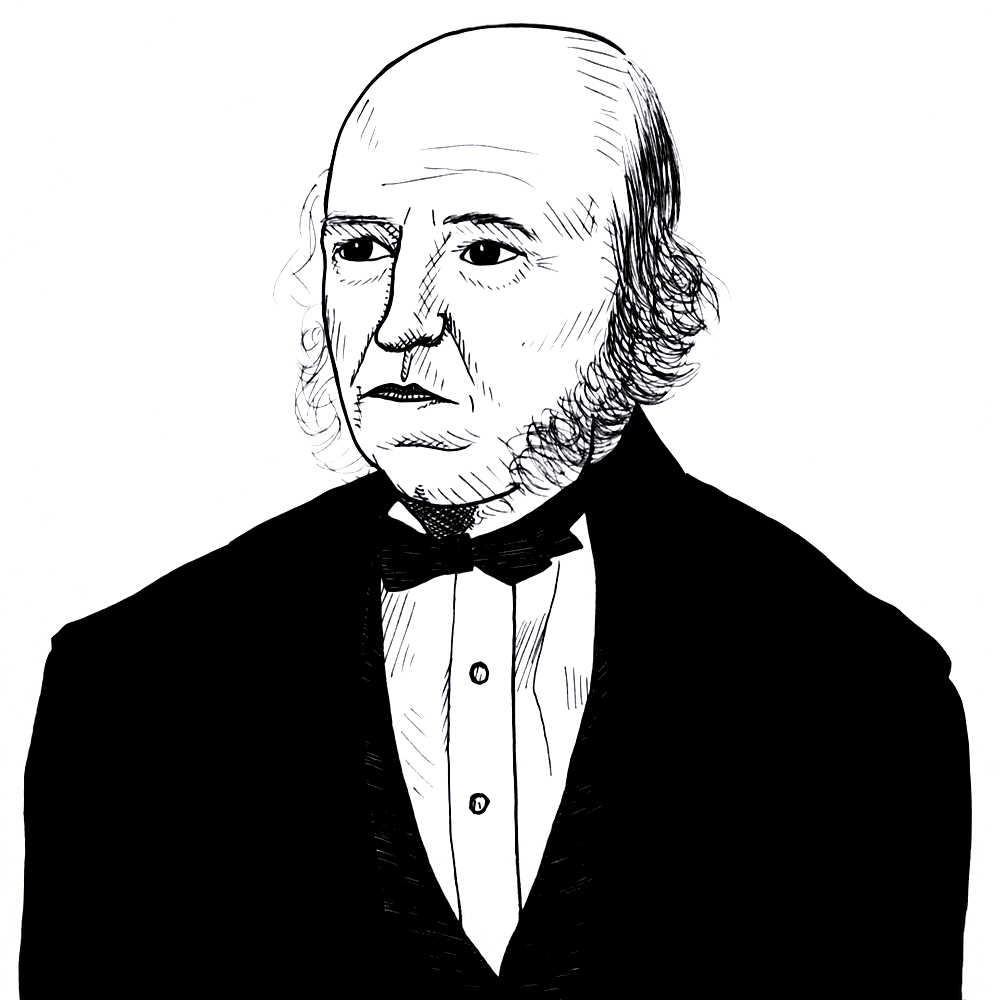
Herbert Spencer on the idea that society is a spontaneous growth and not artificially put together (1860)
Found in: Essays: Scientific, Political and Speculative, Vol. 1
The English radical individualist social theorist Herbert Spencer (1820-1903) based much of his theory of society on the idea of spontaneous orders a century before Hayek did. Here is an early statement of this from 1860:
Society
Yet that societies are not artificially put together, is a truth so manifest, that it seems wonderful men should ever have overlooked it. Perhaps nothing more clearly shows the small value of historical studies, as they have been commonly pursued. You need but to look at the changes going on around, or observe social organization in its leading traits, to see that these are neither supernatural, nor are determined by the wills of individual men, as by implication the older historians teach; but are consequent on general natural causes. The one case of the division of labour suffices to prove this. It has not been by command of any ruler that some men have become manufacturers, while others have remained cultivators of the soil. … Thus that which is so obviously true of the industrial structure of society, is true of its whole structure. The fact that “constitutions are not made, but grow,” is simply a fragment of the much larger fact, that under all its aspects and through all its ramifications, society is a growth and not a manufacture.